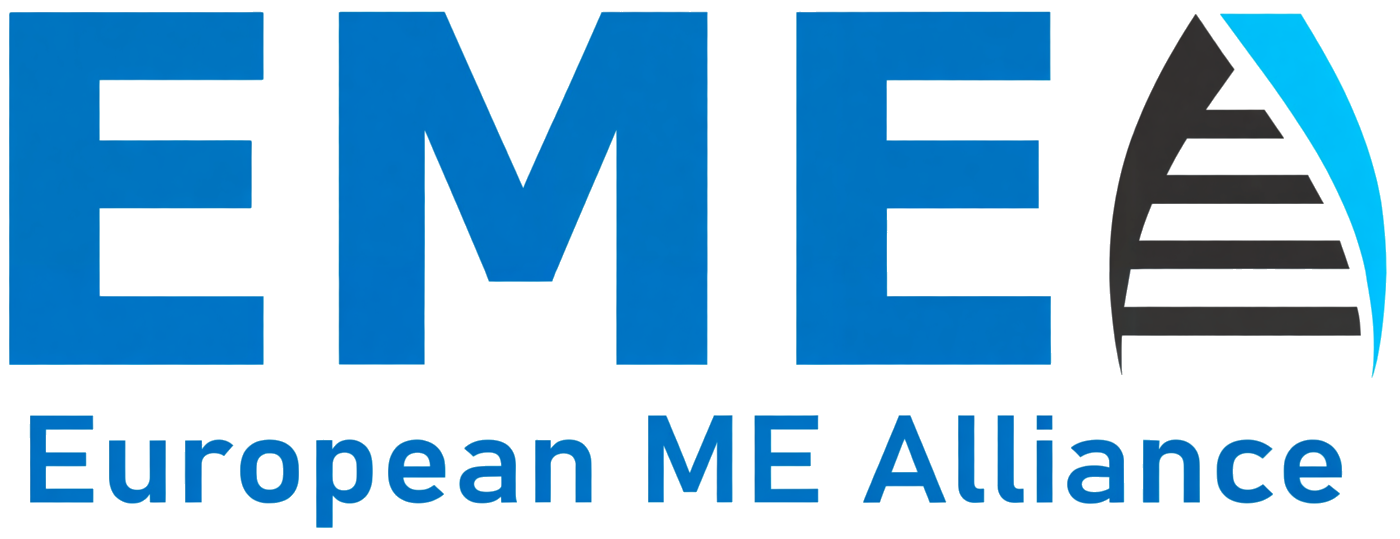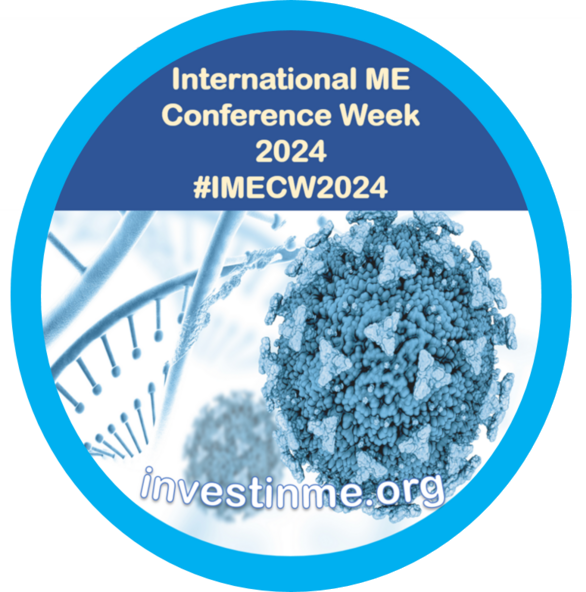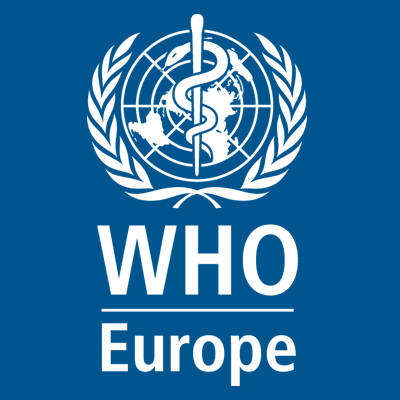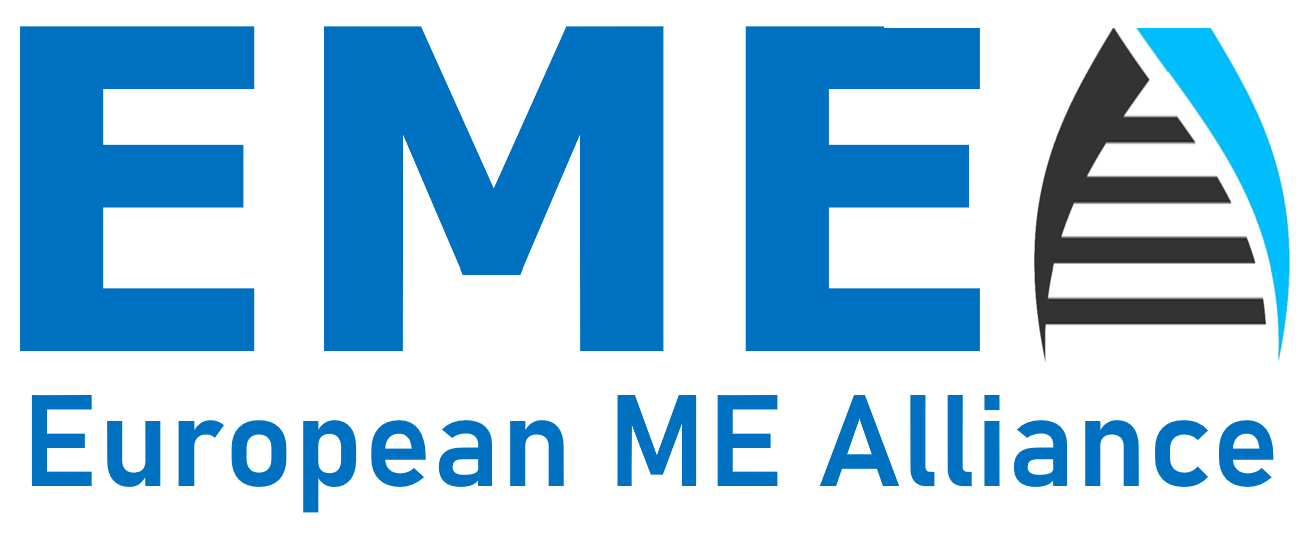WHO Europe Message for International ME Conference Week Delegates
EMEA News for 24 June 2024
In 2023 the European ME Alliance received ‘
official Non-State Actor accreditation’ status
from WHO’s Regional Office for Europe during WHO Europe’s 73rd Regional Committee Meeting (RC73).
This status allows EMEA to participate in WHO Europe Regional Meetings and to make official statements on agenda topics of interest.
In this way, EMEA aims to increase awareness, recognition, and action on ME/CFS by WHO Europe’s 53 member countries.
EMEA is committed to partner with WHO Europe and work together to support people with ME and their carers, in Europe, and make rapid progress to improve the research and treatment of ME across our continent.
The European ME Alliance (EMEA) supports the annual Invest in ME Research International ME Conference week organised by its UK member
‘Invest in ME Research’.
We are extremely gratefulthat the Conference will be opened with a video message below from WHO Europe,
helping raise awareness about the still unmet needs of ME/CFS patients, despite it being recognised as a neurological illness over 50 years ago by WHO.
We thank WHO Europe for being partners in supporting International ME Conference Week by providing this video from Dr Cathal Morgan, at the WHO Regional Office for Europe, for delegates to the Young EMERG Early-career researcher workshop, the 13th Biomedical Research into ME Colloquium #BRMEC13, and the 16th International ME Conference #IIMEC16 and to participants at the European ME Research Group-NIH workshop that will be taking place during the week.
WHO Europe Video Message
for International ME Conference Week Delegates
In the absence of official recognition and funding of ME/CFS across Europe, it has been left to EMEA and its member organisations to initiate and fund research in Europe and to organise this Conference, which brings together world-renowned researchers, clinicians, and patient organisations to facilitate international collaboration on biomedical research into ME/CFS.
These groups are well connected internationally with leading research institutes and, if provided with adequate funding, they have the capability to coordinate the necessary research that can lead to a correct diagnosis and appropriate treatments for ME/CFS patients.
In the meantime, the recent ‘EMEA Survey of ME/CFS Patients in Europe’ shows that over 11,000 ME/CFS patients agree that healthcare systems are failing them, and they find themselves without adequate medical care and financial and social support.
Therefore, EMEA joins WHO Europe in the call for national decision-makers to address the urgent ethical question of how to provide assistance TODAY to ME/CFS patients with ‘invisible’ or ‘medically unexplained symptoms’, in order to respect their basic human rights and their rights under the 'UN Convention on the Rights of Persons with Disabilities'.






